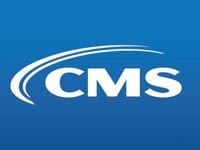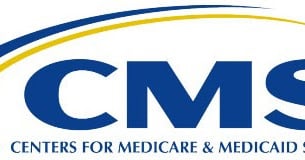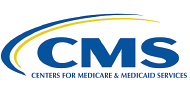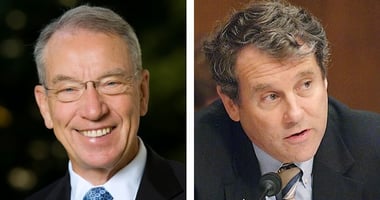The Centers for Medicare and Medicaid Services (CMS) has issued a 962-page proposed rule covering...
CMS Proposes Adding Payment for Telehealth Services by Mental Health Professionals

The federal government is proposing to permanently allow payment under the Medicare program for “audio-only” telehealth mental health services. These services have been temporarily reimbursed as part of the government’s response to the COVID-19 public health emergency. The government also would retain other temporarily reimbursed telehealth services through 2023 in order to evaluate whether those services should be permanently added to the list of covered Medicare services.
The recommended changes are part of the proposed 2022 Physician Fee Schedule by the Centers for Medicare and Medicaid Services (CMS). A final rule will be issued later this year; look for further reporting in Psychiatric News.
The proposed telehealth recommendations are a victory for psychiatrists and their patients for which APA has strongly advocated.
“Audio-only services have been a lifeline for patients for whom it is the only option when seeking mental health and substance use disorder treatment,” wrote APA CEO and Medical Director Saul Levin, M.D., M.P.A., in a letter to CMS Administrator Chiquita Brooks-LaSure. “Patients who cannot interact with their physician via a live, synchronous audio-video connection may need to rely on audio-only care for myriad reasons: they may lack access to sufficient broadband internet or access to the technology itself (e.g., they may not own a smartphone, tablet, or PC); their diagnosis may preclude using such technology; or they may not consent to being seen via video.”
He added, “We appreciate [that] CMS is proposing to make permanent—or otherwise continue to temporarily extend and evaluate—many of the telehealth provisions that clinicians and patients have relied on over the course of the public health emergency.”
Coverage of audio-only services would be restricted to clinicians who have the capability to furnish two-way audiovisual services and who have seen the patient in person at least once in the previous six months. In its comments to CMS, APA urged CMS to waive the six-month in-person requirement, emphasizing that the need for an in-person visit should be left to the psychiatrist’s clinical judgment.
The proposed rule also includes changes to the physician payment formula. Importantly, CMS is proposing a reduction to the “conversion factor” used in the formula that is likely to result in an overall reduction in physician payment. The change is partly the result of a budget neutrality adjustment that requires improvements in payment for Evaluation and Management Services last year to be offset in 2022 to maintain budget neutrality.
According to an AMA analysis of the impact of the proposed changes on different specialties, psychiatry would experience an overall reduction in payment of 3.1%; how individual practices will be affected would depend on practice and billing patterns.
In the letter to CMS, Levin urged CMS and the Department of Health and Human Services to work together with Congress to waive the budget neutrality adjustment set to go into place for 2022. “The reduction in the Medicare conversion factor will have a significant financial impact on psychiatrists who treat Medicare patients and comes at a time when practices have already experienced financial losses due to the COVID-19 public health emergency,” Levin wrote. “Payment cuts will only further compound the growing access problem for patients with mental health and/or substance use disorders.”
For more information, see the Psychiatric News article “CMS Proposes Permanent Payment for Telehealth Services Allowed During Pandemic.” A report on the final rule will appear in the December issue of Psychiatric News.
Don't miss out! To learn about newly posted articles in Psychiatric News, please sign up here.






